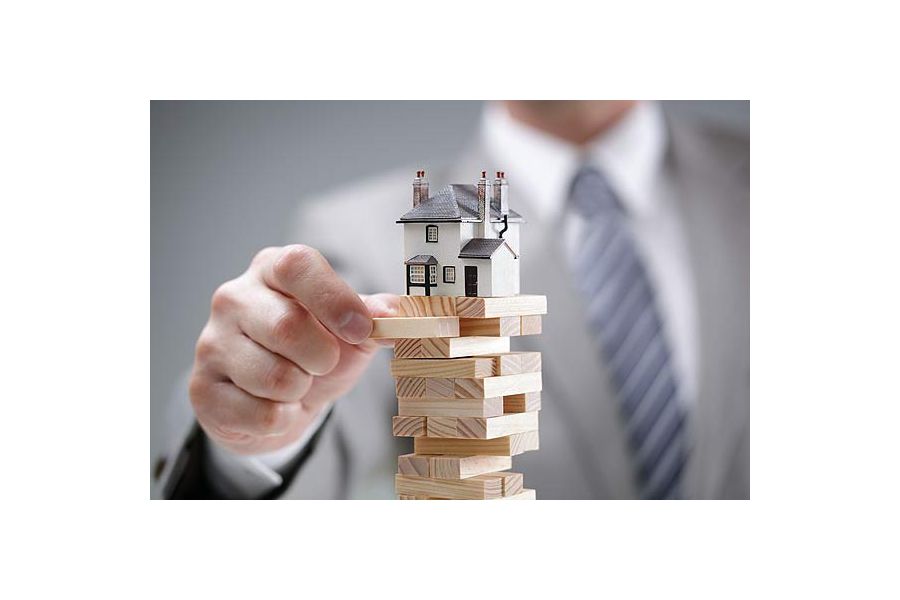Donít Be Afraid to Buy a Home

When it comes to impediments blocking a prospective buyer’s path to homeownership, cold hard facts like the inability to afford a mortgage aren’t easily surmounted. Fears born out of misconceptions, confusion or lack of information can also prematurely derail the home purchasing dream, but these can be overcome with a little extra real estate education, say the pros.
Consider the findings of the recent National Association of Realtors’ (NAR) Aspiring Home Buyer Profile: an average of approximately 54 percent and 21 percent of non-homeowners polled in 2016 cited, respectively, being unable to afford a home purchase and currently needing the flexibility of renting versus owning as the top two reasons they have not yet purchased; and 44 percent of non-owners with student loan debt indicated they were not very or not at all comfortable with taking on a mortgage. Experts and consumers alike would probably agree that these are valid concerns.
However, 65 percent of non-owners polled in the third quarter of last year for the same report believe they need 15 percent or more for a down payment – despite the fact the survey has found the median down payment for first-time buyers has been 6 percent for three straight years.
“I think the fear of the down payment is the silliest one that affects most buyers,” says Liane Jamason, broker associate with Smith & Associates Real Estate in St. Petersburg, Fla. “Many buyers think they need 20 percent down to buy a home, when actually FHA loans are available for 3.5 percent down as well as low down payment conventional loans that require only 3 or 5 percent down.”
Kathryn Bishop, Realtor with Keller Williams Realty in Studio City, Calif., says she often encounters buyers plagued by other fears, many of which can be cleared up with a little knowledge, guidance and faith.
“There is the fear of not qualifying, which buyers can get past by attempting to get pre-approved with a lender. There’s also the fear of rising interest rates and the fear of not finding a home they like,” says Bishop. “I often am able to help them move forward by acknowledging their emotions and educating them on the benefits of homeownership.”
When it comes to consternation over rising rates, Jamason says it’s important for prospective borrowers to keep things in proper perspective.
“Rates are still significantly lower than they were 10 years ago, and although the days of rates in the 3 percent range are gone for the foreseeable future, getting a rate under 5 percent is still a fantastic deal,” notes Jamason. “I paid 13 percent interest on my first home way back when.”
Another major worry is making a bad investment by purchasing.
“People see home prices and rates going up and are in constant fear that they may not be timing their purchase correctly,” Samantha DeBianchi, founder of DeBianchi Real Estate in Fort Lauderdale, Fla., says. “I always make sure that buyers understand that real estate is cyclical – if they plan on staying in the home at least 5 to 10 years and ride out a cycle, they will be in a better position. Also, as long as you’re not overextending yourself financially, you have the ability to make money with your purchase over time.”
Jamason says it smart to be cautious, but being cautious also means exploring all options available.
“For example, shopping around with different lenders can help you uncover different scenarios with different down payments and help you learn ways to raise your credit score in order to qualify for a lower interest rate,” says Jamason. “And your Realtor may also know of special first-time home buyer grants available in your area to lessen the amount you have to put down even further, as well as other programs that can lower your cost to purchase.”